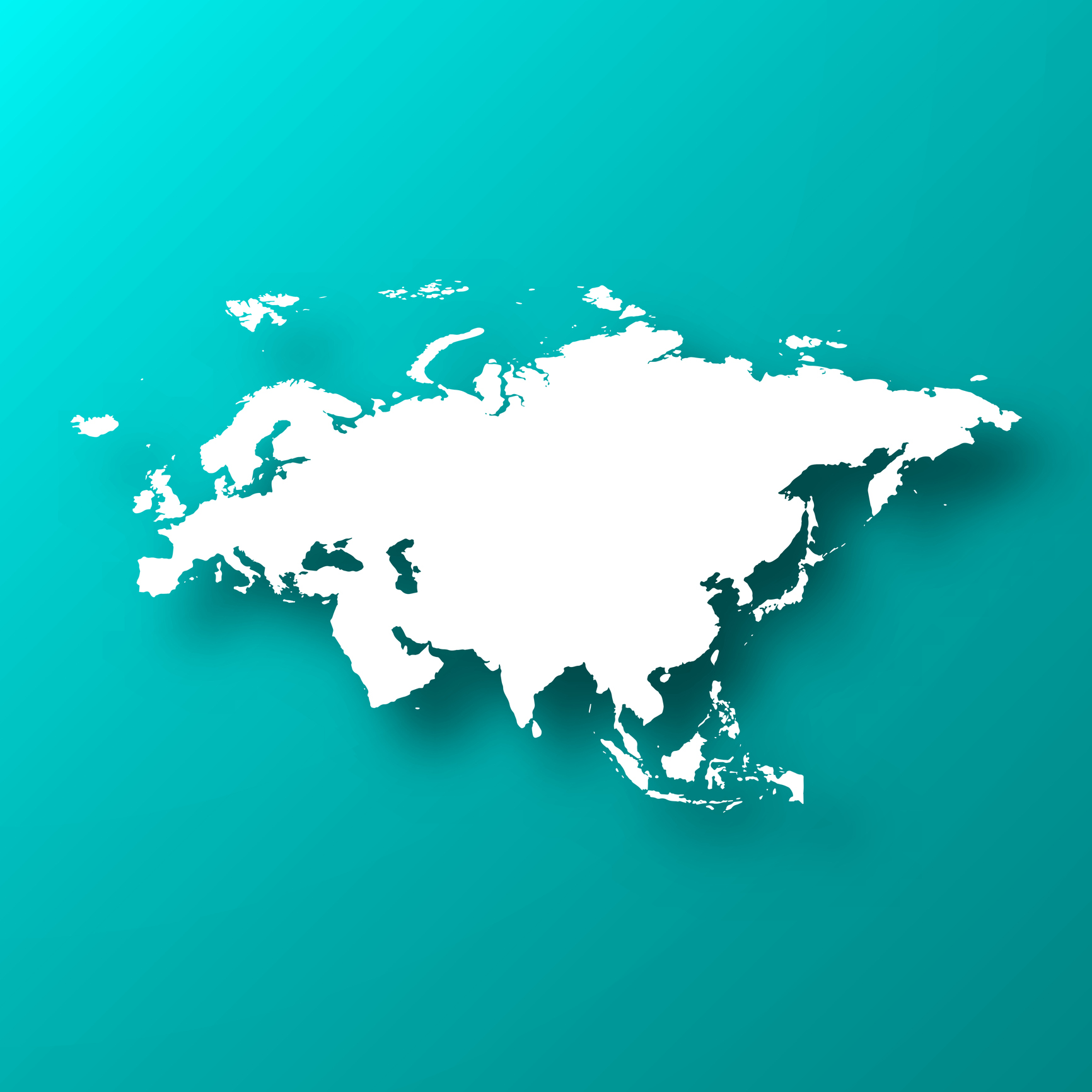
- Cet évènement est passé.
Eurasian challenges to international economic law after Brexit in the context of the COVID and the RCEP

Colloque international organisé par Amandine CAYOL (Institut Demolombe, EA 967) et Pierre Chabal (LexFEIM, Université du Havre, EA 1013)
The economic emergence of Eurasia results from a long span of economic globalisation extending over the last sixty years or so. Having common interests and objectives, this group of consolidated states became more successful in the global economy and gained real competitive advantages. However, as a process centred around the Western hemisphere, this process seems to be coming to a standstill. A first manifestation of this was, in 2019, the exit of one member of the European Union or BREXIT. Then, the COVID-19 pandemic is producing effects that hinder and hamper even further this process. EURASIA represents, as a potential, the greatest consumer market and productive capacity on earth. This conference develops a problématique or analytical thread that probes into whether such a Eurasian economic integration is reachable or not.
(Traduction en français)
L’émergence économique de l’Eurasie résulte d’une longue période de mondialisation économique qui s’est étendue sur les soixante dernières années. Ayant des intérêts et des objectifs communs, ce groupe d’États consolidés est devenu plus performant dans l’économie mondiale et a acquis de réels avantages concurrentiels. Cependant, en tant que processus centré sur l’hémisphère occidental, ce processus semble s’arrêter. Une première manifestation de cette situation a été, en 2019, la sortie d’un membre de l’Union européenne (ou BREXIT). Par la suite, la pandémie de COVID-19 a produit des effets qui entravent et freinent encore plus ce processus. L’Eurasie représente, en tant que potentiel, le plus grand marché de consommation et la plus grande capacité de production sur Terre. Cette conférence vise à déterminer si une telle intégration économique eurasienne est réalisable ou non.
Responsables scientifiques : Amandine CAYOL (Institut Demolombe) et Pierre Chabal (LexFEIM)
Public concerné : spécialistes, chercheurs et étudiants
Lieu : webinar
Contact
Amandine Cayol
amandine.cayol@unicaen.fr

